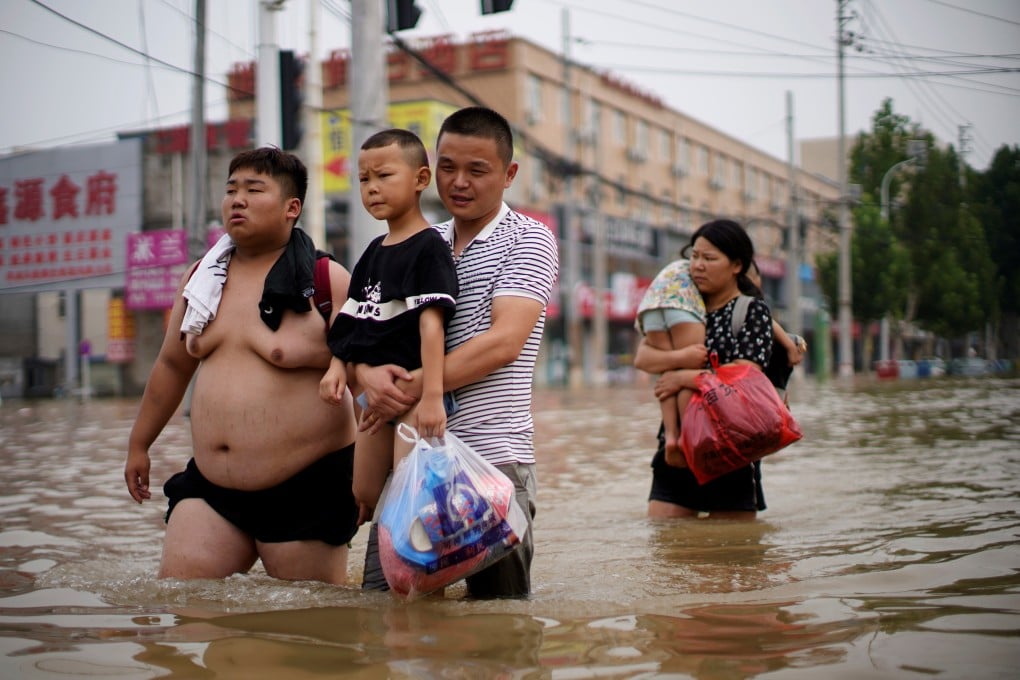Take the initiative to stop disasters, China orders local officials
- Nation must abandon ‘thoughts of luck’ and ‘overcome inertia’ to avoid missing opportunities to save lives
- Meanwhile, experts say floods have shown lower-down leaders need more flexibility, less centralised governance

The National Development and Reform Commission, China’s top planning agency, issued a directive on Monday telling local officials to step up during emergencies.
“Once abnormal situations such as extreme weather happen, [officials] must take resolute steps to suspend schools, stop production and businesses, halt transport and close tunnels and flood-prone black spots,” the directive said.
“[We] must abandon any thoughts of luck, overcome inertia and avoid missing critical opportunities so [we can] do our best to save people’s lives and property.”
Meanwhile, experts say the floods have exposed the underbelly of the top-down and highly centralised governance of China’s Communist Party and the need for more flexibility for local officials to make decisions based on frontline situations.
Sudden and severe flooding in Henan last week, with the dead including 12 on a subway tunnel in the city of Zhengzhou, has kept senior leaders in eastern provinces on their toes.